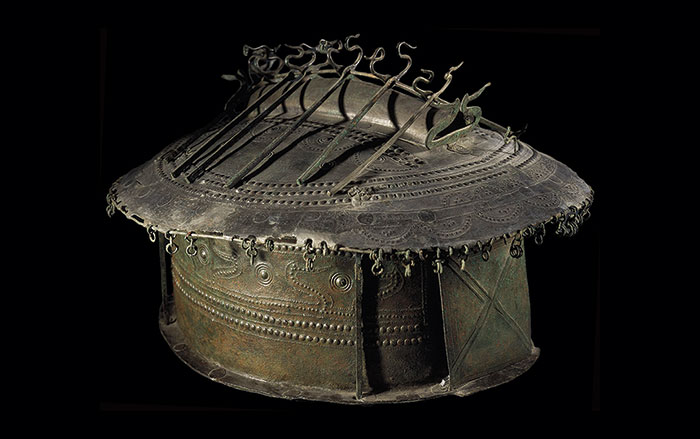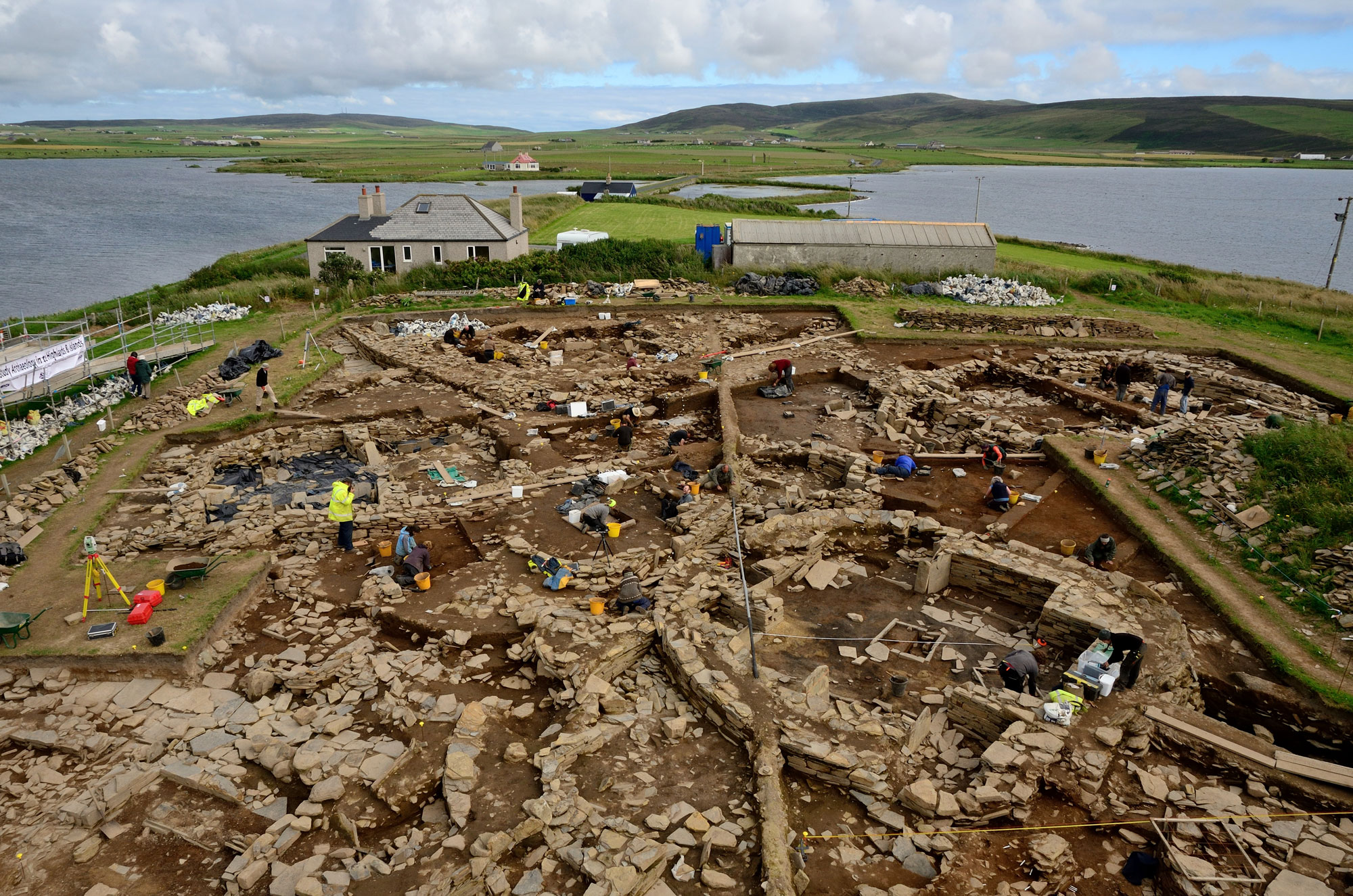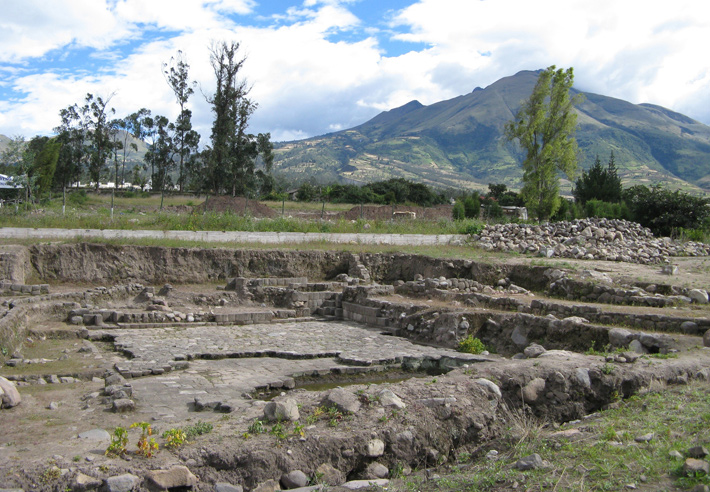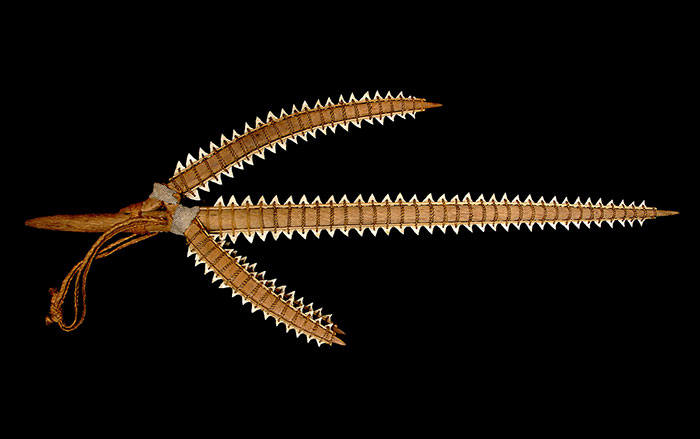
LEICESTER, ENGLAND—DNA tests have confirmed that the skeletal remains discovered beneath a parking lot last year are those of Richard III, the last English king to die in battle. It was known that Richard III was killed in 1485, during the Battle of Bosworth, and buried at the church of the Greyfriars. But the church was eventually torn down and the grave lost. The bones, which are of a slender man is his late 20s or early 30s, show that he suffered from scoliosis and potentially fatal injuries to the skull. They have been carbon-dated to between 1455 and 1540. “There is a DNA match between the maternal DNA of the descendants of the family of Richard III and the skeletal remains we found at the Greyfriars dig. In short, the DNA evidence points to these being the remains of Richard III,” explained Turi King, a geneticist for the University of Leicester project. “Beyond a reasonable doubt it’s Richard,” added lead archaeologist Richard Buckley. The remains will be reinterred in Leicester Cathedral.









